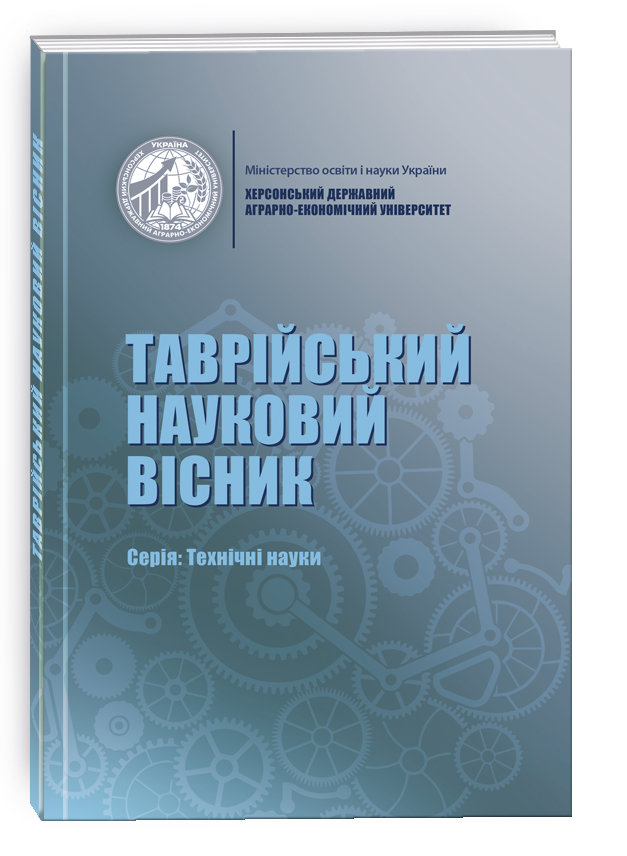IMPROVEMENT OF THE TECHNOLOGY OF THE PRODUCTION OF SOURDAIRY BEVERAGE USING APIPRODUCTS
DOI:
https://doi.org/10.32851/tnv-tech.2022.5.8Keywords:
apiproducts, vitamins, minerals, fermented milk drink, yogurt, royal jellyAbstract
The purpose of the work is to improve the production technology of yogurt with api products. The main component determining the nutritional, biological and energy value of fermented milk drinks is milk, which after heat treatment loses a number of essential substances, including vitamins, especially water-soluble and mineral substances. Therefore, bee pollen and royal jelly were chosen as natural fillers that contain vitamin-mineral and preservative components for the fermented milk drink. The article examines the biological and functional effect of selected beekeeping products. The research results established the feasibility of using and concentrating apiproducts in recipes instead of traditional sugar and artificial fillers. Technological and technical parameters of individual processes and stages of product manufacturing have been optimized. It is substantiated that the addition of apiproducts to the composition of a sour milk drink should take place at the fermentation stage. This decision provided a high evaluation of the fermented milk drink according to organoleptic indicators (5 points), had a positive effect on the stabilization of acidity at 90–120 °T during product storage for 6 days. In addition, the introduction of apiproducts during fermentation is easy to perform and is effective in preserving the nativeness of the BAR of apiproducts. The content of minerals in colostrum is ten times higher than in royal jelly: Calcium – 40 times, Phosphorus – 22, Manganese – 19, Magnesium – 8, Potassium – 2 times. It contains more vitamins, in particular, nicotinic and ascorbic acids – 2 and 65 times, respectively. The optimized technology of the fermented milk drink with a complex of natural apiproducts made it possible to achieve the effect of enrichment for deficient micronutrients. In particular, the level of ascorbic acid increased significantly for thiamin – by two times, riboflavin – by 16%, niacin – by 40%.
References
Alberoni D, Baffoni L, Gaggia F. Administration of lactobacilli and bifidobacteria on Apis mellifera L. beehives to increase health of the bee super-organism. Chicago : 2015. 108 p.
Caplice E., Fitzgerald G. Food fermentations: role of microorganisms in food production and preservation. Madrid: Int. J. Food Microbiol. 2002. 150 p.
Зубар Н.М. Основи фізіології та гігієни харчування. Київ : Центр учбової літератури. 2010. 260 с.
ДСТУ 4497:2005. Мед натуральний. Київ : Держспоживстандарт України, 2005. 21 с.
Канарейкина С.Г. Пастеризованные молочные напитки из сухого кобыльего молока. Актуальная биотехнология. 2013. Вип. 7. 17 с.
Омаров Ш. Апитерапия: продукты пчеловодства в мире медицины. Ростов : Феникс, 2009. 350 с.
Семенова Н.А. Перова Н.А. Исследование влияния пчелиного меда на размножение бифидобактерий в кисломолочном напитке. Кемерово : КемТИПП, 2007. 172 с.
Синяков А. Ф. Мед и медолечение. Москва : Вече, 2000. 464 с.
Смоляр В. І. Фізіологія та гігієна харчування. Київ: Здоров’я, 2000. 306 с.
Єрмакова О. Д. Синчикова Б. П. Технологія отримання екстракту із бджолиного підмору. Біотехнологія. 2010. Вип 2. 105 с.
Чорна Т. М. Мікробіологія : навчальний посібник. Ірпінь : УДФСУ, 2020. 451 с.






